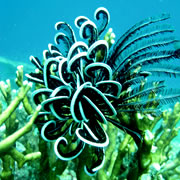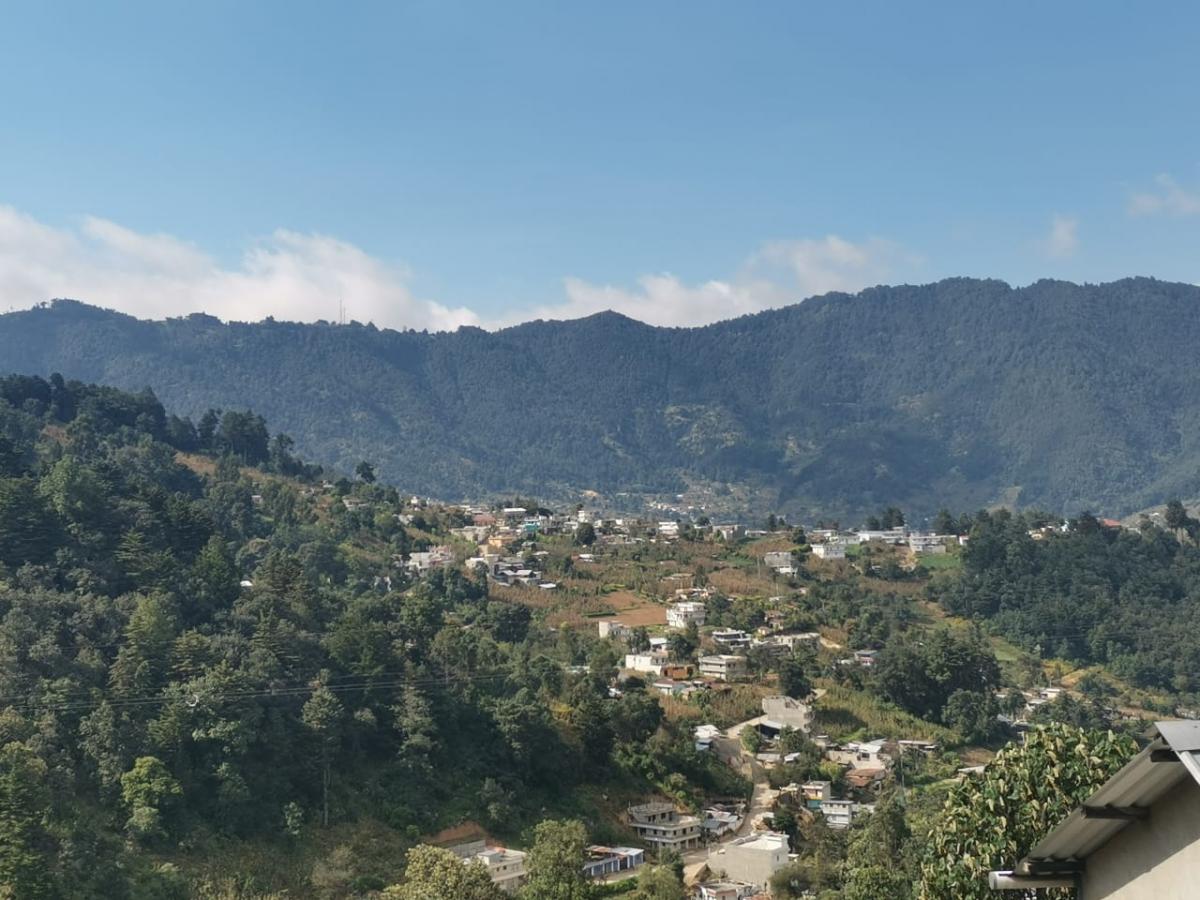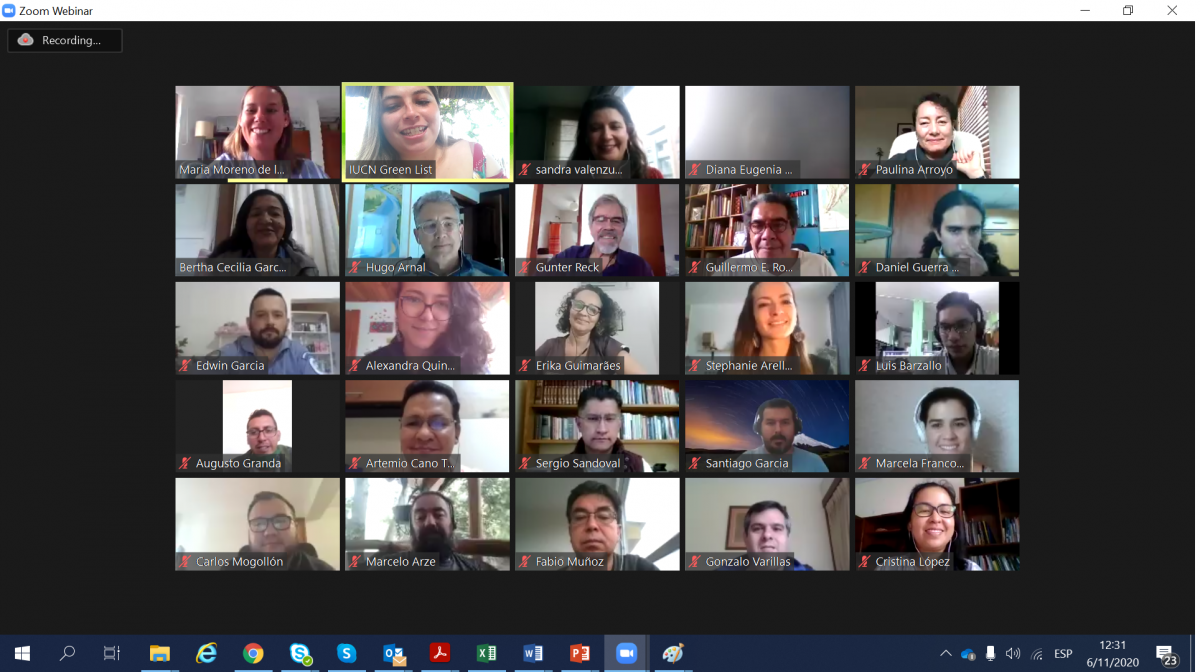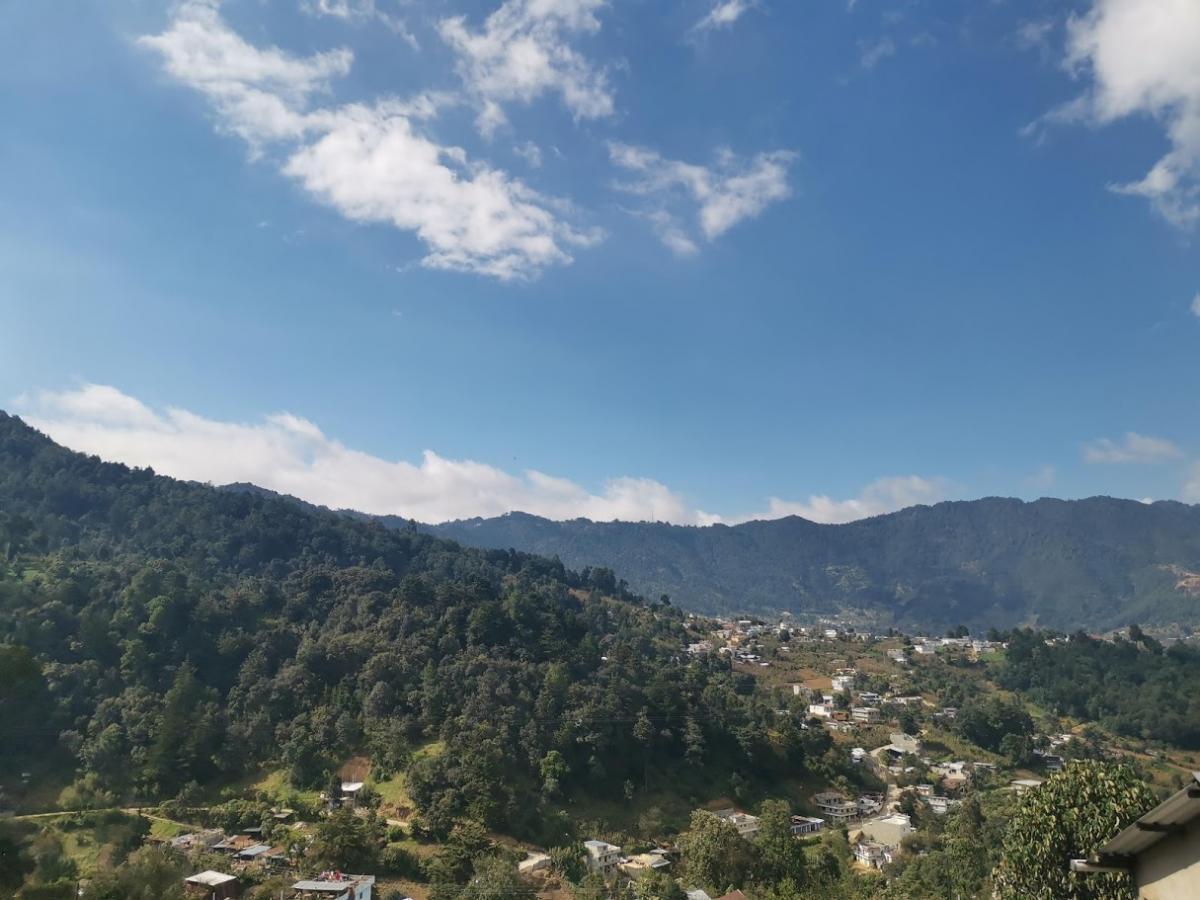Marine Summit calls for dramatic increase in ocean protection
IUCN Marine Protected Area Summit issues strategy to counter escalating threats to the world’s oceans

Photo: Jerker Tamelander
The Earth’s oceans are being destroyed at a much faster rate than they are being protected, said the world’s leading marine experts at the end of the IUCN Marine Protected Area Summit this week.
To save the oceans, participants urged governments, business and civil society to rapidly increase marine protected areas and to step up measures making marine environments more resistant to climate change.
The high seas – oceans beyond national jurisdiction – are particularly threatened: “Entire ecosystems in the high seas are being damaged and lost before we have even acted to protect them,” says the summit’s closing statement.
As a key solution, the summit proposed to rapidly increase protection of the oceans and connect marine protected areas through corridors. These ‘marine corridors’ would allow marine species to recover and migrate under changing sea temperatures and sea chemistry. Currently, only 1 percent of the oceans are protected, compared to over 12 percent of the Earth’s land surface.
“Summit participants urge governments to establish marine protected area networks by 2012, and to protect at least 10% of oceans under nationaljurisdiction as decided under several legally binding agreements,” said Dan Laffoley, Marine Vice Chair of IUCN’s World Commission on Protected Areas. “With the current pace of action, the targets will not be met.”
Marine protected areas have been proven to allow threatened fish stocks to recover – and to increase the fishing yield in adjacent areas. In the Egyptian Red Sea, five years after the establishment of marine reserves, fishing has increased by 66 percent in neighbouring areas.
To make oceans more resistant to the impacts of climate change, other stress factors such as pollution and overfishing need to be kept away from marine ecosystems such as coral reefs, a major source of income and protein for millions of people worldwide.
“Climate change makes oceans warmer and more acidic, which causes corals to bleach and erodes their ability to build reef skeletons. But corals can adapt and survive if they are healthy and don’t suffer from sedimentation or disruptive fishing practices,” said Carl Gustaf Lundin, Head of IUCN’s Marine Programme.
Better management of marine environments will also save mankind from accelerated climate change. Today, oceans are the world’s largest carbon sink, absorbing around 50% of atmospheric CO² every year. However, continued discharges of carbon dioxide and poor marine management may turn oceans from a carbon sink into a major carbon source, releasing vast stores of carbon into the atmosphere, thus exacerbating climate change.
The IUCN Marine Protected Area Summit, organized by its World Commission on Protected Areas, brought together the world’s leading marine experts from 10-12 April in Washington to develop a strategy for protecting oceans from increasing pressures such as climate change, ocean acidification and overfishing.
Notes to Editors
The IUCN Marine Protected Area Summit statement is available at: PDF
The Summit website:
http://groups.google.com/group/wcpamarine-summit/web
For more information contact or to set up interviews please contact:
Valerie Higgins, mobile: +1 202-489-5718, email: valerie@doermarine.com
Carolin Wahnbaeck, IUCN Media Relations Officer, Tel. +41 22 999 1027, Fax +41 22 999 0020, carolin.wahnbaeck@iucn.org
Photos are available from: carolin.wahnbaeck@iucn.org
The World Conservation Union (IUCN)
The World Conservation Union is the world’s largest conservation network. The Union brings together 83 States, 110 government agencies, more than 800 non-governmental organizations (NGOs), and some 10,000 scientists and experts from 181 countries in a unique worldwide partnership. The Union’s mission is to influence, encourage and assist societies throughout the world to conserve the integrity and diversity of nature and to ensure that any use of natural resources is equitable and ecologically sustainable. The World Conservation Union is a multicultural, multilingual organisation with 1000 staff located in 62 countries. Its headquarters are in Gland, Switzerland. www.iucn.org
The World Commission on Protected Areas (WCPA) (web)
The World Commission on Protected Areas (WCPA) is the world’s leading network of protected area managers and specialists, with over 1,300 members in 140 countries. WCPA is one of the six voluntary Commissions of the World Conservation Union (IUCN) and is administered by the Protected Areas Programme at the Union’s headquarters in Gland, Switzerland. WCPA’s mission is to promote the establishment and effective management of a worldwide representative network of terrestrial and marine protected areas, as an integral contribution to the IUCN mission. www.iucn.org/wcpa



